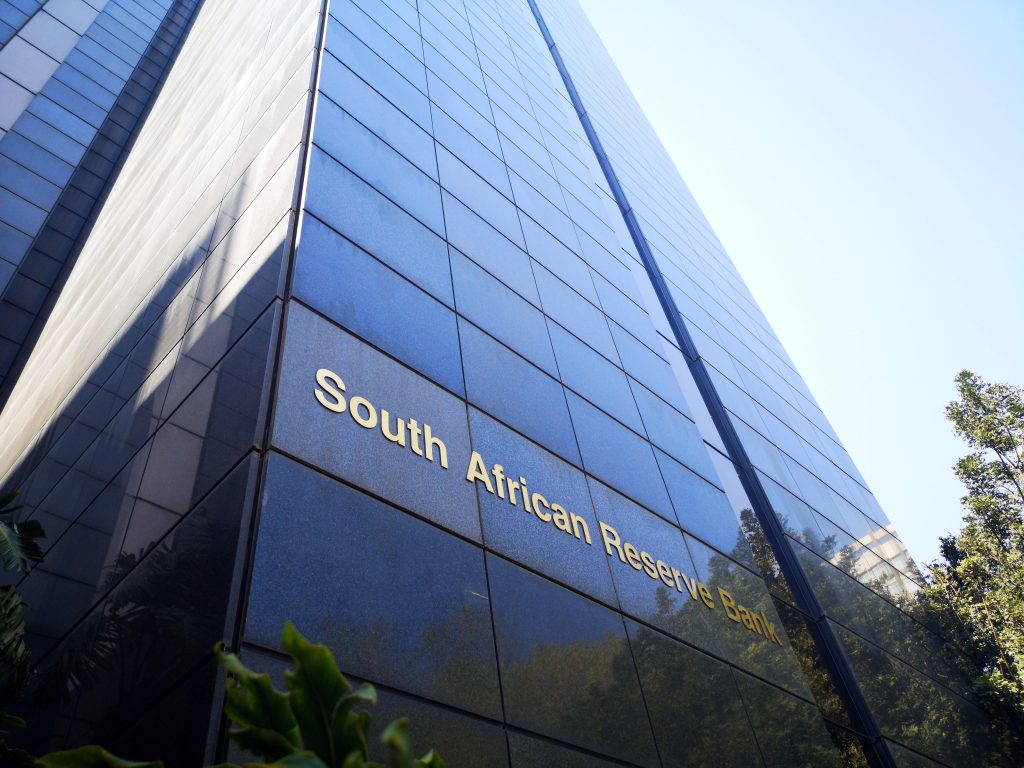The Jannie Mouton Stigting’s proposed R7.2 billion takeover could fast-track private school group Curro’s expansion into rural areas and extend quality education to disadvantaged communities.
Cobus Loubser, Curro’s CEO, says without the proposed transaction, Curro’s ambitions to expand its reach and create new opportunities for learners could take anywhere from 10 to 30 years. With the deal in place, those ambitions could be realised much sooner.
Listen/Read: Jannie Mouton’s massive education gift to South Africa
Read: Billionaire Jannie Mouton’s foundation in R7.2bn Curro buyout
On Wednesday, the public benefit organisation, named after the billionaire founder of PSG Group and Capitec, announced that the intended buyout would be financed through a mix of cash and Capitec and PSG Financial Services shares.
The transaction is subject to the approval of both regulatory authorities and shareholders.
‘A powerful opportunity’
If successful, Curro would continue operating with its existing management and employees. However, its delisting from the JSE and conversion into a non-profit entity would allow it to allocate resources more directly towards expanding its footprint in ways that better serve the broader needs of the country.
Loubser told Moneyweb that the deal, if given the green light, would help bridge the gap between profit and purpose.
“We are going to continue doing what we do well, but the profits we generate will be reinvested,” he says.
ADVERTISEMENT
CONTINUE READING BELOW
This means the deal will not translate into lower school fees for parents. Instead, profits will be directed into funding new and upgraded facilities, as well as bursaries for talented learners from disadvantaged communities.
Read: Curro sees slowdown in new enrolments, despite ‘successes’
He adds that many philanthropic initiatives struggle to achieve scale because of the absence of robust management structures.
However, Curro already has a nationwide presence, with 189 schools spread across South Africa.
“Curro is firmly entrenched in South Africa, with communities that care for children and their environment. This is a powerful opportunity and can offer a lot to the country,” Loubser says.
Interim results
The announcement on Wednesday coincided with the release of Curro’s interim financial results and was followed by a surge in the company’s share price.
The stock jumped by more than 50% on the day, after touching a 52-week low on the previous day.
For the six months ended 30 June 2025, Curro reported a 4.7% increase in revenue. Headline earnings per share rose marginally by 0.2%, while cash generated from operating activities grew 10.3% to R688 million.
The group started the year with around 1 000 fewer learners compared with the prior year, which, Loubser admits, placed the business on the back foot.
ADVERTISEMENT:
CONTINUE READING BELOW
“I warned earlier in the year that margins would come under pressure, and it has now materialised. But despite this, profits were maintained at last year’s level, even with slightly fewer learners, and the group was able to generate more cash,” he notes.
During the review period, Curro invested R265 million, a figure expected to reach R630 million for the full year.
“We are confident that we will generate more cash, and that gives us options such as investing in more schools.”
Curro’s role
When asked whether Curro sees itself stepping in where the public schooling system falls short, Loubser stressed the importance of working with, rather than against, the public system.
“It is not in anybody’s interest to criticise the education system. Yes, Curro has been filling the gap for the past 25 years, and we have had many high-level discussions to see where we can contribute.
“But with this transaction, we can reach opportunities sooner and do it with less ‘us and them’ and more ‘us and you’.”
Read: SA’s rising inequality and how to fix it
Follow Moneyweb’s in-depth finance and business news on WhatsApp here.

 5 days ago
1
5 days ago
1






















 English (US) ·
English (US) ·